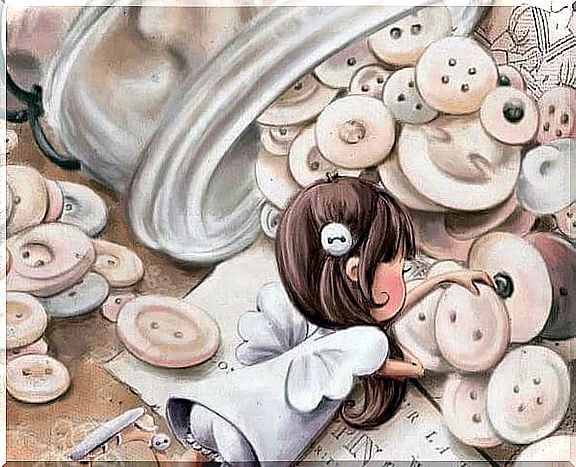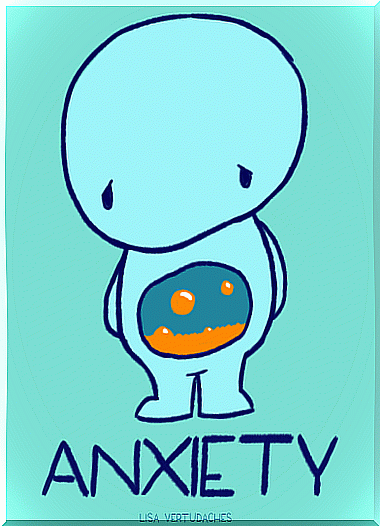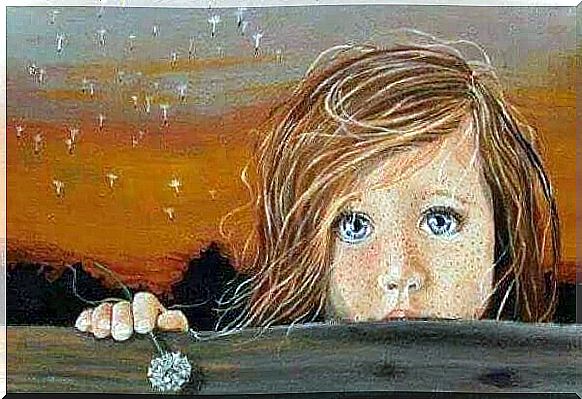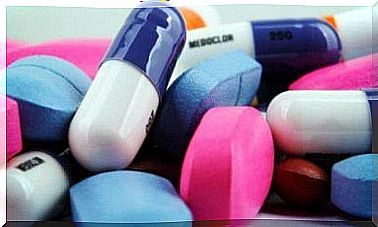It’s Hard To Be A Child Busy Adults In The Wrong World

In reality, there is no such thing as a fictional creature like a difficult child. But it’s hard to be a child in a world full of tired, busy, impatient, and hurried adults. There are parents, teachers and guardians alike who often forget one of the most important commitments involved in raising children: adventures for little ones.
This problem is so real that today we are already worried about when a child is simply restless, loud, happy, emotional, colorful – a childlike child. Some parents and professionals do not want children to be children, but hope that they are more reminiscent of flower vases.
After all, it’s normal for kids to run around and cool around, screaming, experimenting, testing their limits, and turning their surroundings into an adventure park. It is perfectly normal for children to be, at least at a very early age, exactly as they are, and not as adults would like them to be.
And to enable this to be purely a child, two fundamental things need to be understood:
- Movement is not a disease. We strive for self-control, which is not promoted by nature or society.
- We serve children as we allow them to get bored and avoid overload.

Why do we treat our children?
Although this has even become trendy in the field of health and education, the existence of Attention Deficit Hyperactivity Disorder (ADHD) is quite questionable, at least in the way it is generally understood. It is currently used to explain the all-encompassing term as diverse as possible, ranging from neurological problems to behavioral disorders, lack of resources, and an inability to control oneself in one’s own environment.
The statistics are downright crushing. The Diagnostic and Statistical Manual of Mental Disorders IV-TR (DSM-IV-TR) provides data that ADHD can be diagnosed in three to seven children in a hundred. The most worrying thing here is that the biological hypothesis lurking under a given disease picture is nothing more than this, and it is tried to be supported through trial and error. Statements such as “this seems to be because…”
At the same time, we are over-treating our children because they show worrying behavior, because they don’t focus their attention, or because they don’t seem to think before they do their job. This is a sensitive issue, so it is essential to be especially careful and responsible when seeking advice from good child psychiatrists and psychologists.
At this point, however, we should point out that there is no clinical or psychological test to objectively diagnose ADHD. These studies are indeed done based on impressions as well as performance in various tests. Diagnosis is based on the time it takes to perform the tests, as well as the subjective impressions caused by the tests. Pretty worrying, isn’t it?
Let us not forget that children are treated with amphetamines, antipsychotics and anxiolytics, which can have devastating effects on their neurological development . We do not know what the consequences of these drugs will be, let alone the consequences of their lavish use. These drugs only reduce symptoms, but do not eliminate the “disease” in any way.

This seems brutal, so why does this kind of activity continue? One reason is probably financial, insofar as the pharmaceutical industry earns billions of dollars annually, thanks to pediatric medical care. Moreover, there is a prevailing view that this solution “is better than nothing”. Self-deception by so-called “happiness pills” is a common factor in many diseases.
Are we adults sick?
Aside from stamps and diagnoses that are questionable at least in terms of how often they are distributed, we should put the brakes on the bottom and internalize the fact that we adults are sick. The main symptom of this is the poor management of education policies and schools.
More and more professionals are aware of this truth and are trying to prevent parents and professionals who find it necessary to blame ADHD for problems that are usually more related to the environment or the lack of opportunities for the child to unleash their own abilities.
As Marino Pérez Álvarez , an expert in clinical psychology and professor of psychopathology and interventional techniques at the University of Oviedo, Spain , ADHD is nothing more than a title for problematic behaviors in children and has no reliable scientific or neurological basis. Regardless, the case is usually presented differently. It is an unfortunate stamp that includes annoying, but still normal, problems.

“It does not exist. ADHD is a diagnosis that has no clinical weight, and the medication does not treat [our children], but the drugs [them], ”says Marino. The idea that neurochemical imbalances cause numerous problems is widespread, but it is not at all certain whether it is a cause or a consequence. In other words, a neurochemical imbalance may just as well be the result of an individual’s relationship to their own environment.
A more appropriate question would be: is ADHD a science or an ideology ? It is important to be critical and look at a world that elevates brain-centeredness and seeks physical causes for everything without stopping to consider what is really the cause and what the consequence is. Maybe we should look at how we build society and what scientific evidence exists.
From now on, we should ask ourselves what the needs and strengths of each child and adult likely to be diagnosed are. Through an individual approach, better health and well-being are achieved, both for children and for society as a whole. So first and foremost, we should engage in healthy self-criticism.









